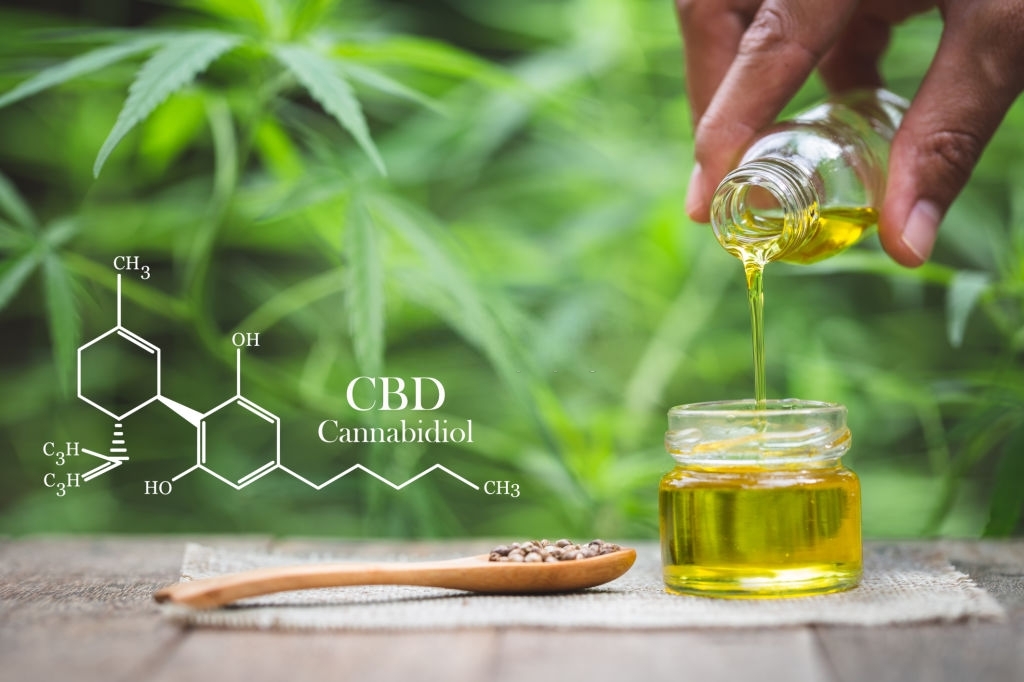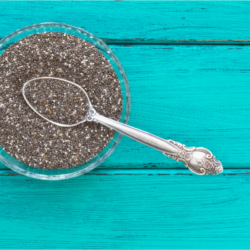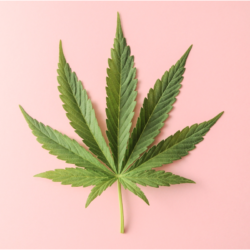Isolated in 1963, cannabidiol, better known as CBD, is slowly becoming one of the most widely used natural alternatives to treat a wide range of common ailments.
Until recently, it was the psychoactive component of cannabis, tetrahydrocannabinol (THC), that received the most attention due to its medicinal benefits and ability to produce psychotropic effects. Now, as medical cannabis gains traction across the country, researchers are discovering the amazing properties of new cannabinoids.
What makes CBD so special?
Cannabidiol is a cannabinoid that has different effects. Due to its many medical benefits, CBD is used to treat a number of common ailments including chronic pain, inflammation, seizures, insomnia, spasms, multiple sclerosis, and mental disorders such as as anxiety and depression.
As a topical agent, CBD oil can be directly applied to certain areas of the body as an effective means of relieving pain, reducing inflammation, and relieving inflammatory skin conditions such as psoriasis, dermatitis, and the like. ‘eczema.
As CBD oil is non-psychoactive, its use does not create a mind altering effect unlike THC.
How does CBD work in the body?
In the human body, CBD, like all cannabinoids, will interact with the endocannabinoid system, which is disseminated throughout the human body.
It works through the CB1 receptors (found mostly in the brain and central nervous system) for which it has little antagonistic affinity. Thus, it has the ability in particular to attenuate certain effects of THC (which has a strong affinity for the CB1 receptor).
It is also a reverse agonist of CB2 receptors (mainly found in the peripheral nervous system and in organs of the immune system), for which it has a high affinity, which gives it homeostasis control properties.
The mechanisms of action of CBD are multiple:
- Inhibition of certain effects of THC on the CB1 receptor, including: feeling of drunkenness or increased appetite.
- Blocking the release of all activating and stimulating neurotransmitters (messenger substances of the nervous system), such as dopamine, acetylcholine, norepinephrine. Some anti-inflammatory effects could be based on this mechanism of action.
- Activation of the 5-HT1A receptor. Its activation can relieve anxiety. Other effects of CBD are also attributed to the activation of this receptor.
- GPR3 and GPR6 receptor agonist. GPR3 is involved in Alzheimer’s disease while GPR6 plays a potential role in Parkinson’s disease. In high doses, CBD binds to the dopamine-2 receptor, like other drugs for psychosis.
- Effective antioxidant, because they capture free radicals. CBD has been shown to prevent oxidative damage caused by oxygen peroxide as well or better than ascorbic acid (vitamin C) or tocopherol (vitamin E).
Even though CBD is most often used for pain relief, research has shown it to be beneficial for relief, cramps, headaches, and psoriasis. The effects of CBD can increase natural pain-relieving endocannabinoid levels, decrease inflammatory responses, and desensitize pain receptors.
The therapeutic potential of CBD:
Apart from the endocannabinoid system, CBD also plays an important role as an activator of many receptors found on the membranes of cells in the human body.
Through these receptors, CBD induces a cascade of more or less complex reactions, which mainly result in the inhibition or propagation of the nerve message at the level of neuronal synapses and its transduction in the cell.
Thus, through its role of agonist, inverse agonist, antagonist, CBD is of interest in applications as diverse as the reduction of psychoses, the fight against depression, the reduction of nausea and vomiting, muscle relaxation, relief pain (chronic pain, neuropathic pain, multiple sclerosis spasticity), sleep induction, protection of nerves and multiple sclerosis, regulation of movement disorders (Parkinson’s disease), reduction of epileptic seizures, fighting cancer, reducing inflammation, relieving anxiety disorders and post-traumatic stress disorder, etc.
Cannabinoids may reduce the progressive degeneration of the brain dopaminergic system, by decreasing inflammation, and modulating the signaling system in the basal ganglia, reducing excitotoxicity, calcium influx, glial activation and damage oxidative agents that contribute to the degeneration of neurons of the substantia nigra.
The dosage of CBD:
- It is important to estimate your dosage based on your body weight. As with most substances, people with more body mass will need more CBD to feel the effects. That being said, a good rule of thumb for determining the correct dose of CBD is to take 1mg to 6mg of CBD for every 5 pounds of body weight as needed.
For example :
For a 90kg patient, a daily dosage of 20mg to 33mg would be an excellent starting dosage, while a starting dosage of 15mg to 25mg per day would be more appropriate for a person weighing 70kg.
- Always start small and increase gradually. Suppose you have a friend who weighs no more than 90kg and takes 50mg of CBD oil twice a day, which gives him all kinds of benefits. Since you are about the same weight, he recommends the same dosage.
Here’s why this isn’t the best way to choose your dosage:
Not only are we all different, but we each have our own history with the use of substances, drugs, supplements and more that we give to our bodies. For this reason, we all have different body chemistry, and it will affect the way our bodies respond to CBD.
With that said, it is important to first determine your starting dose based on your weight, assess how your body is responding to this amount of CBD, and then increase gradually while continuing to monitor your body’s reactions until. find the right dose of CBD for you.
Your CBD dosage should be evaluated based on your medical condition. Obviously, the amount of CBD needed for a headache or severe pain is not going to be the same.
But how do you know how much CBD oil to take based on your medical condition?
Micro dose of CBD:
From 0.5 to 20 mg per day depending on weight. The micro dosage is suitable for sleep and mood disorders, stress, nausea, headaches and metabolism rebalancing.
Standard dose of CBD:
From 10 to 100 mg per day depending on weight. We recommend the standard dosage for pain, inflammation, anxiety, depression, Lyme disease, fibromyalgia, arthritis, autism, Crohn’s disease, multiple sclerosis, and Lyme disease.
At Soin et Nature, we offer you Delihemp CBD oil in sublingual intake, as well as Greenbee olive oil enriched with CBD.
Soon, our range will expand to offer you a wide choice of CBD products.
Unlike THC, CBD is a non-competitive antagonist of CB1 receptors and therefore does not exhibit the psychotropic effects of THC. However, it has multiple actions on many receptors or molecules in the central nervous system, but it is also a potent inhibitor of cytochrome P450 which can lead to numerous drug interactions. Make sure to always seek the advice of a healthcare professional (doctor, pharmacist, naturopath, etc.) before starting a CBD treatment.








I find CBD oil to be extremely useful in my day to day life, as someone who is suffering from chronic pains. We are truly lucky to be living in a time where science and nature can come together, and people are more open to alternative forms of medicine, which can save them hundreds if not thousands of dollars in medications.
My multiple sclerosis symptoms started with muscle weakness and slurred speech. I could not tolerate the prescribed medication for long. I started the CBD treatment which helped me tremendously, I had a significant recovery with this natural treatment.